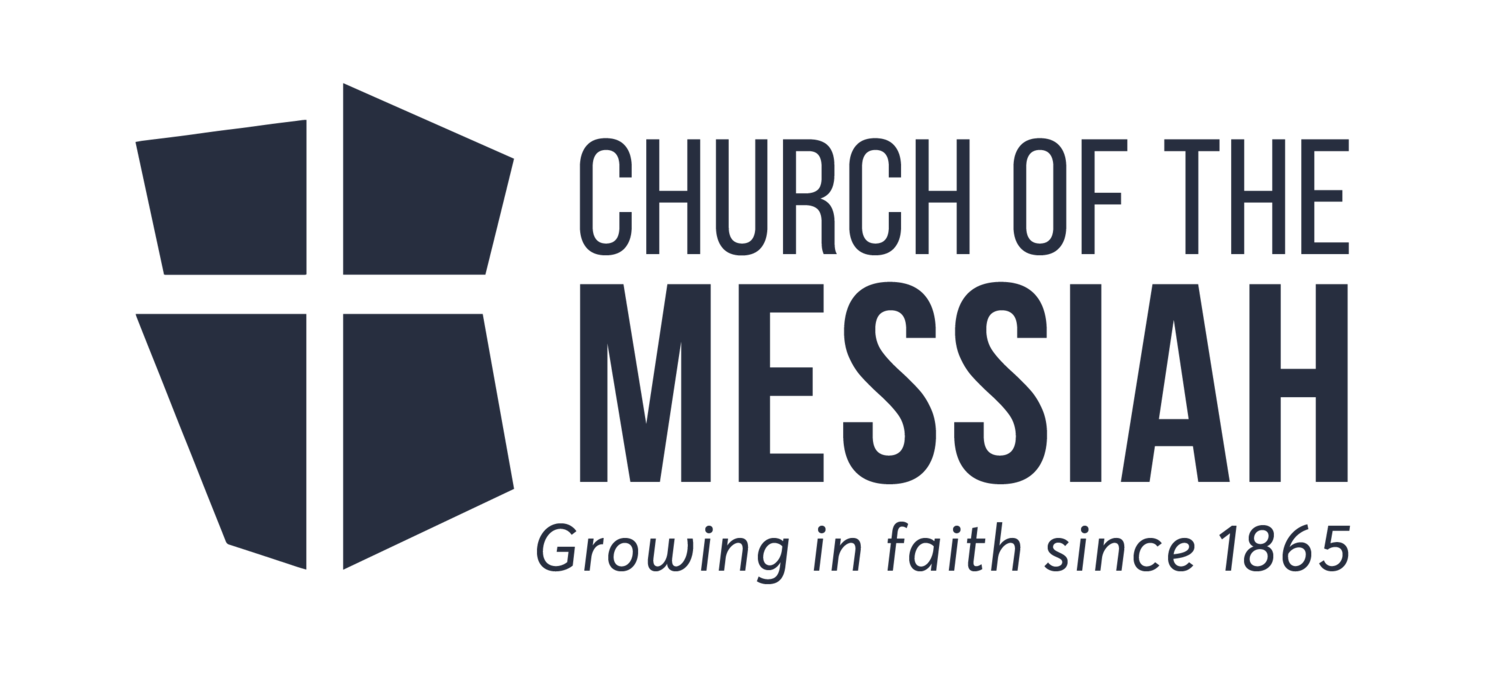DO MATTHEW AND LUKE GET JESUS’ GENEALOGY WRONG?
Dear Friends,
Another classic skeptical challenge to the biblical stories of the birth of Jesus goes something like this, “You cannot trust Matthew and Luke to give you an historically true account of Jesus’ birth. Each of them gives an obviously incomplete genealogy (Matthew 1:1-17, Luke 3:23-37). On top of that, each genealogy contradicts the other. They also give Joseph two different fathers. Finally, Luke pretends to know Jesus’ genealogy all the way back to Adam! So, don’t trust their accounts!” So how have Christians responded to this challenge? Please note that this “problem” has been known for a long time, so there is a long history of Christian answers. I am writing a short blog, so I will not recount this long history. Instead, fours simple points.
First, why can’t Joseph have two Dads? Early on in the British series “Shetland,” you meet a young woman with two Dads. At first you wonder if this is a gay couple, but you eventually discover that she has a biological father who left when she was quite young, but with whom she is now reconciled. She also has her Dad whom her mother married and who then, as the Dad, raised the young girl. By the time the series starts the mother has died and the two “Dads” have become friends. In the case of Joseph, it is probably more simple and straightforward. One of the fathers was Joseph's mother’s first husband (and Joseph’s biological father). The first father dies and Joseph’s mother remarries. The new dad adopts Joseph. So Joseph has two fathers and therefore two genealogies. One genealogy shows biological inheritance, the other shows inheritance through adoption.
Second, biblical genealogies are primarily concerned with identity and destiny. When I was growing up, we were warned time and time again against “ethno-centrism” - the belief that your culture is superior in every way to all others. You might not realize that you were ethno-centric, but if you judge and evaluate other cultures from the perspective that your culture is the standard for evaluation, then you are guilty of ethno-centrism. The skeptics' criticism is an example of ethno-centrism. In our culture, we value empirical accuracy and do not believe our “ancestors” have any say in our identity and/or destiny. So, if you were to chart your ancestry, you strive for 100% accuracy. The skeptics assume this is the only valid way to understand and use a genealogy. But why? The fact is that Matthew and Luke have written their genealogies using a different standard and goal - standards and goals common in the Bible and the ancient world. A genealogy is written to communicate identity and destiny. For fans of “The Lord of the Rings”, this is exactly what you see. Each genealogy in the six books, whether of Aragorn, or a King, or a Steward, shows who they are and what their proper destiny is. So Matthew’s genealogy shows that Jesus is in David’s line and is the Messiah. Luke’s genealogy shows that Jesus is in a different line that also goes back to David and on to Adam, making Jesus the promised Saviour for every person. If the genealogy is about identity and destiny, then an adopted son (like Joseph) can be in that line of identity and destiny.
Third, there is no reason to doubt the accuracy of the genealogies. Many young children who are just learning to count, learn a simple joke. They have barely learned to count to 10, but they will tell you they can count to 100. “Really? Show me”, you say. Then, with a big smile, the child says, “1, 2, skip a few, 99, 100”. Just because this is not good math, doesn’t mean it cannot be valid in an “ancestry.” Once again, you come up against the ethno-centricism of the skeptic. As a Canadian, you want 100% accuracy. If you paid to have your ancestry charted and they did “1, 2, skip a few, …” you would want your money back, and well you should. However, since biblical genealogies are primarily about identity and destiny, not “charting every ancestor”, they saw themselves free to skip generations and focus on names and people who have some significance to the destiny and identity of the person. This is what Matthew and Luke have done. In some ways, a biblical genealogy is a story, and so the characters in the genealogy matter, just as characters matter in a story.
Finally, the genealogies show the faithfulness and power of the Triune God. This is done in several ways. God is keeping His promise to Adam and Eve (and therefore all people) to redeem and slay the serpent. He is keeping His promises to Abraham (and on down) to send the Saviour. He is keeping His promise to David that the Saviour would be in his line. Over the “changes and chances of the fleeting world”, God with sovereign power continues the line which culminates in Jesus. As well, a close reading of the genealogies, especially Matthew, would lead you to conclude that humanly speaking, no powerful Saviour could emerge from such a rag tag line of the reputable and disreputable. God keeps His promise and He surprises as well. Jesus is in the proper lineage in two ways (He keeps His promises), but with the virgin birth, God miraculously provides what human lineage cannot - One who can be the Saviour of all who trust in Him. Note that both genealogies teach the virgin birth of Jesus. God does something new and unexpected, while keeping His expected promise of lineage. Only Jesus can be the One who can save as God has promised.
Have you trusted Him as Saviour? Do you trust Him? Merry Christmas!
George+
